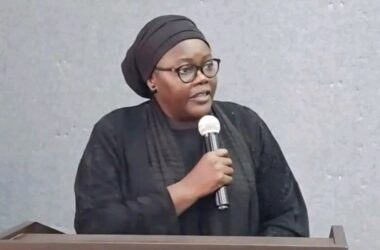By Ephraim Modi Duku Sokiri
The Government of the Republic of South Sudan has not been audited for the last thirteen years.
Speaking yesterday at the second day workshop conducted for the Director Generals in the respective organs of the government, held in Juba, the Deputy Auditor General Tombe Lukak Logale pronounced the above statement.
Lukak said in the event that started on Tuesday by briefing the Undersecretaries of the government capacities that South Sudan has been operating for the last thirteen years on no audits, admits absence of books of accounts.
“The government of South Sudan has not been producing or closing books of accounts because (the) books of accounts were not produced for thirteen years,” he said.
Lukak added that the requirement to reform the public management system of the country as part of the phases in the Revitalized Agreement on the Resolution of Conflict in South Sudan (R-ARCSS) has triggered the conduct of the work.
He said the training could help in the area of reforming in the sector in understanding their roles and responsibilities and the rules and regulations governing the sector according to the Public Financial Act and the Constitution to easily carry on their tasks.
“We want to know why we are not able to produce financial statements, is it lack of capacity, or what?” Lukak stressed.
Auditor Lukak further revealed that the government of South Sudan through its ministry of finance has hired an audit firm to close in the gap of the backload of the financial statement.
In the year 2011 to 2014, he said the audit firm has produced a report of three and half years that its audit is soon to be conducted and proceed with other years.
He as well added that they are working very hard to bridge the gap of the thirteen years to be able to produce financial statements on time.
According to United Nations Children Fund (UNICEF), the Office of Internal Audit (OIAI) has carried out an audit of the South Sudan country office. The audit covered the period from 1 January 2019 to 30 September 2020. The audit was conducted from 1 October until 4 November 2020. The audit focused on most significant risks, as identified in its risk assessment.




